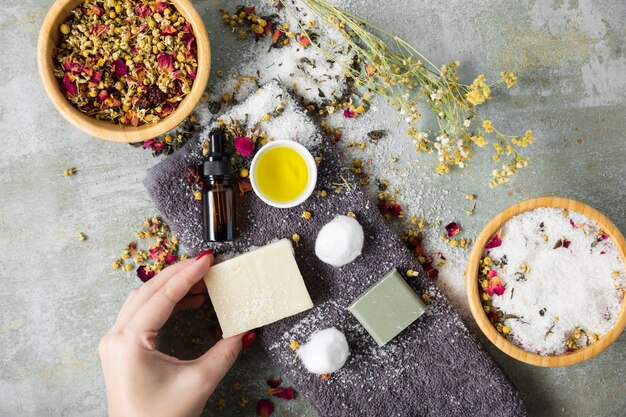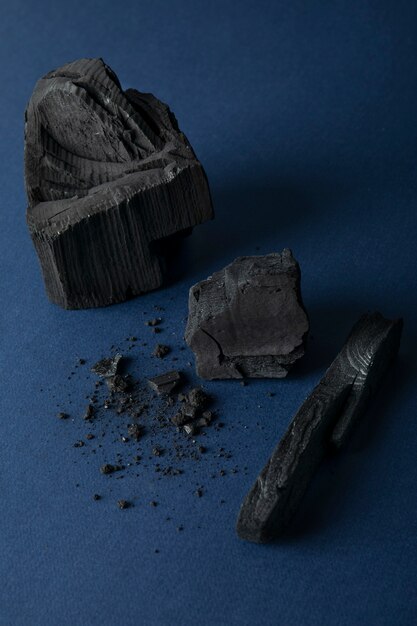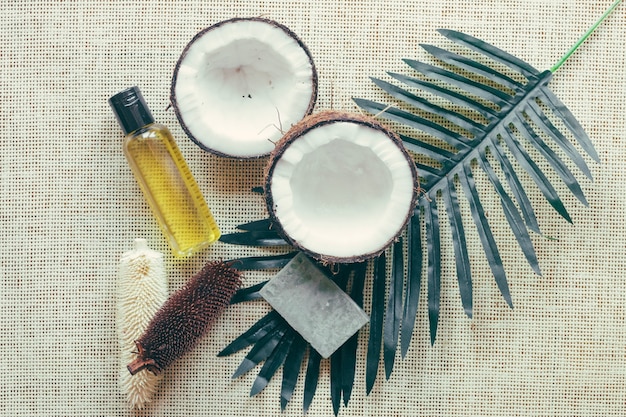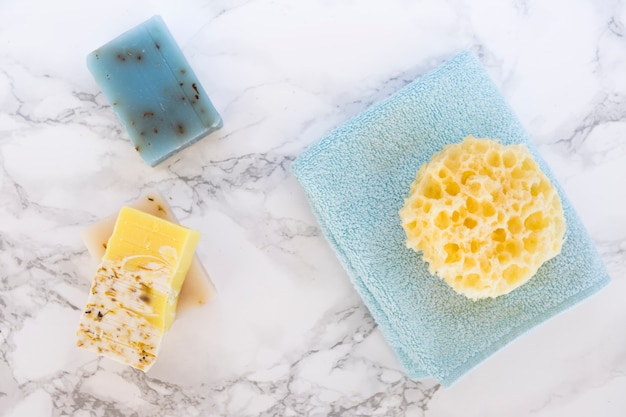
Essential oils are incredibly versatile and useful to have in the kitchen. They can be utilized for cleaning, creating the perfect atmosphere for gatherings, and even for minor first aid. However, it’s important to use them safely to avoid accidents.
Here’s a quick guide on how to effectively and safely use essential oils in your kitchen:
1. Cleaning with Essential Oils
Kitchens require constant cleaning, as worktops are frequently used for food preparation and can harbor dirt and bacteria. Many essential oils have antibacterial properties, such as black pepper essential oil, which has been shown to inhibit the growth of bacteria like Staphylococcus aureus and Escherichia coli.
To make a homemade essential oil kitchen cleaner:
– Mix black pepper, lemon, and clove essential oils with white vinegar.
– Use a 3% dilution rate.
– Put the mixture in an amber glass spray bottle.
– Spray on kitchen surfaces and wipe with a damp cloth.
Note: Be cautious as black pepper and clove essential oils can irritate the skin, and lemon oil may cause skin sensitivity.
2. Eliminating Bad Kitchen Smells
Kitchens can sometimes harbor unpleasant odors from garbage or leftover food. Essential oils can help deodorize the space. Clove, lavender, and eucalyptus oils are particularly effective.
To deodorize:
– Combine clove, lavender, and eucalyptus essential oils.
– Add a few drops to an aromatherapy diffuser.
– Diffuse for 20 minutes, ensuring the area is well-ventilated and free of pets, babies, children, seniors, and those with serious medical conditions.
3. Creating Ambience with Essential Oils
Essential oils can set a specific mood or ambience in your kitchen, perfect for hosting parties or just enjoying a pleasant environment. Oils like vanilla, benzoin, cinnamon, nutmeg, and coffee bean can evoke comforting, homely aromas.
To create a seasonal or festive atmosphere:
– Choose essential oils that match the vibe you want.
– Diffuse the oils in an aromatherapy diffuser, ensuring any thicker oils are blended first.
4. Treating Burns with Essential Oils
Minor burns are common in the kitchen. Lavender essential oil is known for its healing properties and can be used for treating minor burns. For more serious burns, always seek medical attention.
To treat minor burns:
– Combine lavender essential oil with a white lotion base.
– Use a 2% dilution for adults, and a lower concentration for children, seniors, and pregnant women.
– Apply the lotion to the burn and wrap if necessary.
5. Cleaning and Deodorizing Kitchen Floors
Kitchen floors can get dirty from everyday use, pets, and dropped food. Essential oils can be used to freshen and clean floors.
For carpeted floors:
– Mix baking soda with lavender essential oil.
– Sprinkle the blend on the carpet and vacuum.
For bare floors:
– Combine the blend with water and mop the floor.
– Be cautious when using essential oils on wood surfaces.
Cautions for Using Essential Oils in the Kitchen
Always check individual essential oil cautions, safe dilution rates, and proper mixing methods. People who are vulnerable, such as babies, children, seniors, pregnant women, and those with chronic illnesses, should use lower dilution rates or avoid certain oils altogether.
When used safely and correctly, essential oils can enhance your kitchen cleaning routine, provide first aid for minor injuries, and create a welcoming atmosphere for your next gathering.



